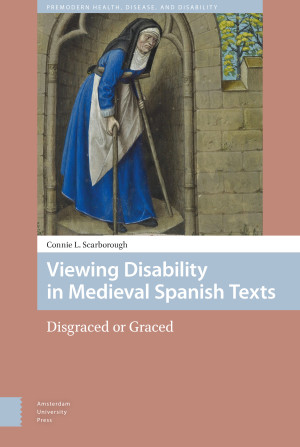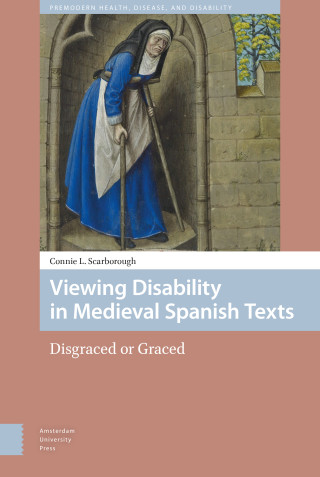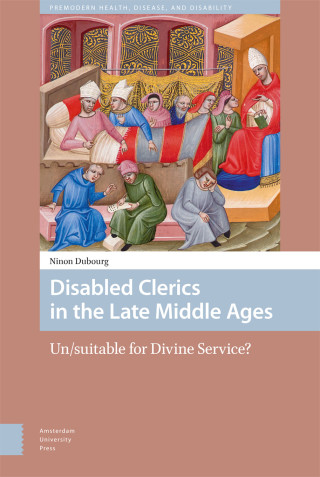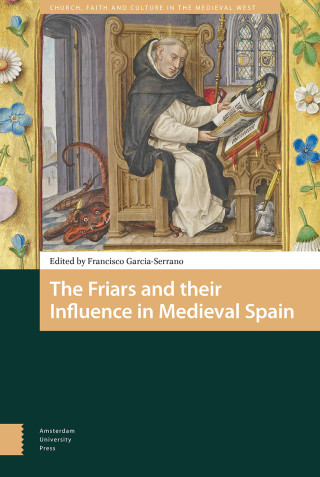"While concentrating on an analysis of texts as a cultural representation of impairment, this study meticulously evaluates the historical and social circumstances in which the texts were created, including the relevant medical, theological, and legal systems. ... Scholars of disability studies, medieval literature, and the history of Spain, in particular, may feel indebted to Connie Scarborough for this exceptional comprehensive investigation." - Yonsoo Kim, Speculum 95/1 (January 2020)
"The book’s most striking chapter is that which considers deafness and the inability to speak. Not only does this chapter discuss the fascinating case study of Teresa de Cartagena, but it also uses disability theory to critique existing scholarship. Scarborough recognises the ‘unique kind of marginalisation’ associated with deafness in the Middle Ages: she questions the normalcy of speech, and explores how deaf people functioned in a society that was largely illiterate and dependent on oral culture." - Rachael Gillibrand, English Histroical Review, October 2020





